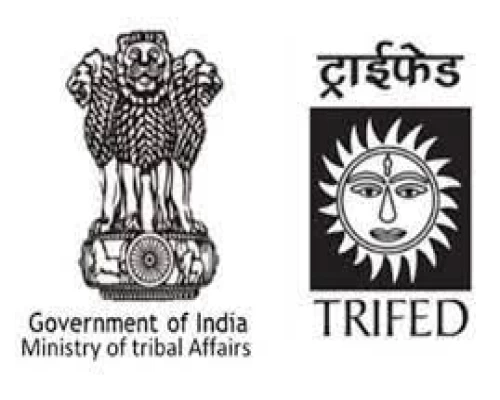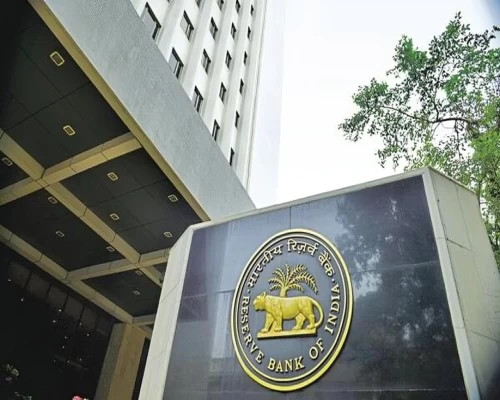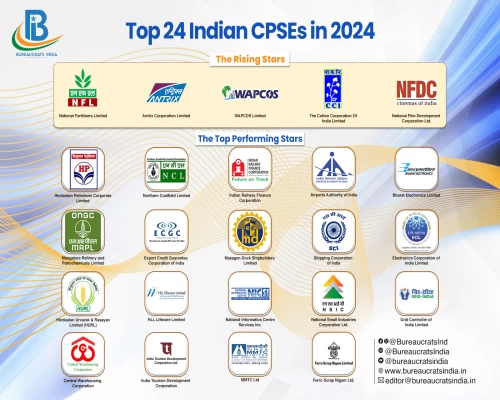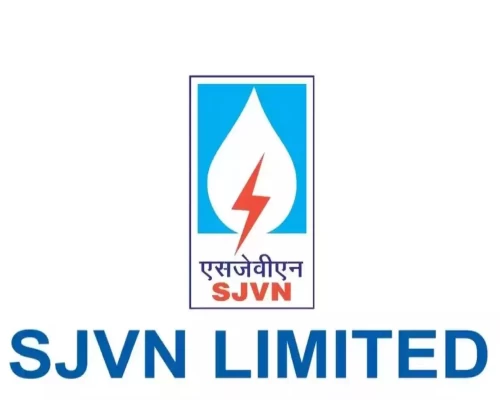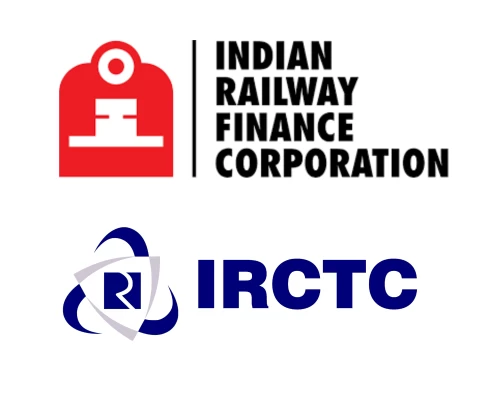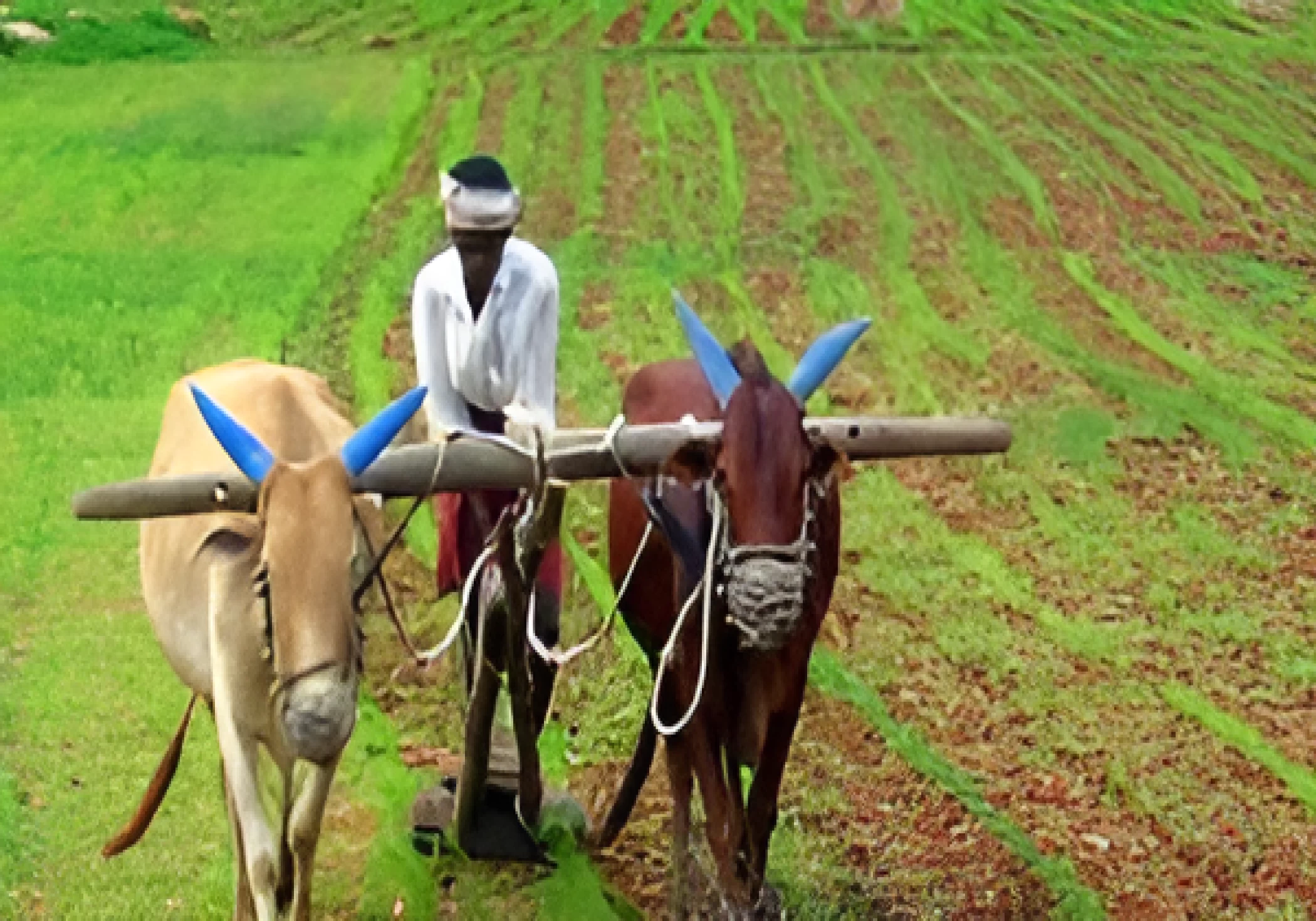
New Delhi: In a significant move to support the agricultural sector and address rising input costs, the Reserve Bank of India has announced an increase in the limit for collateral-free agricultural loans, including loans for allied activities. The existing loan limit of ₹1.6 lakh per borrower has been raised to ₹2 lakh.
This decision recognises the impact of inflation and the increasing cost of agricultural inputs on farmers. It aims to provide enhanced financial access to farmers, ensuring they have sufficient resources to meet their operational and developmental needs without the burden of providing collateral.
Effective from 1 January 2025, banks across the country are required to waive collateral security and margin requirements for agricultural loans, including those for allied activities, up to ₹2 lakh per borrower. Banks have also been instructed to implement the revised guidelines promptly to ensure timely financial assistance to the farming community and to publicise these changes widely for maximum awareness among farmers and stakeholders.
This policy significantly enhances credit accessibility, particularly for small and marginal farmers, who represent over 86 per cent of the sector. By reducing borrowing costs and removing collateral requirements, it aims to streamline loan disbursement, increasing the uptake of Kisan Credit Card loans. This enables farmers to invest in agricultural operations, improving their livelihoods and productivity.
Coupled with the Modified Interest Subvention Scheme, which offers loans up to ₹3 lakh at an effective interest rate of 4 per cent, the initiative strengthens financial inclusion, supports the agricultural sector, and promotes credit-driven economic growth. It aligns with the government’s vision for sustainable agriculture and the long-term development of the farming community.
BI Bureau




